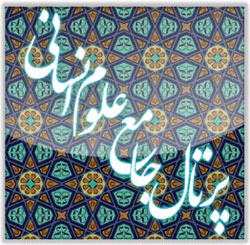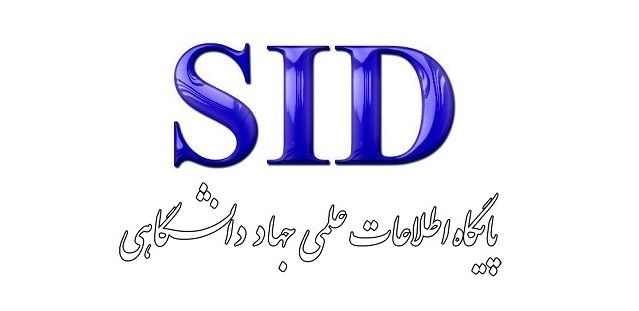A Critique of the Cultural Policies of the Second Pahlavi Regime in the 1960s: A Modernization Project or Cultural Occidentalism?
Keywords:
Second Pahlavi, cultural policy, modernization, Westoxification, Iranian identity, 1960s IranAbstract
The 1960s (1340s SH) marked a critical turning point in the cultural policymaking of the Second Pahlavi regime in Iran. During this decade, the state, bolstered by oil revenues, a centralized bureaucratic structure, and inspiration from Western modernization models, sought to implement a new cultural order aligned with modern civilizational values. This study, utilizing a descriptive-analytical method and based on extensive library research, examines the cultural policies of the Second Pahlavi state across various domains, including education, media, arts, literature, higher education, language policy, and its relationship with tradition and religion. Findings indicate that while many of these policies demonstrated structural characteristics of classical modernization, at the discursive and value levels they often reflected a deep disconnection from indigenous cultural foundations and an uncritical imitation of Western cultural patterns. Critics such as Jalal Al-e Ahmad, Daryoush Shayegan, and Ehsan Naraqhi characterized this condition as “Westoxification.” Furthermore, the gap between official and popular culture, the exclusion of public participation, and the lack of cultural grounding in policymaking led to widespread intellectual, religious, and social resistance. Ultimately, the study concludes that although the Second Pahlavi regime achieved structural development in the cultural sphere, its policies generated identity fragmentation rather than cohesion, intensifying cultural dissonance within Iranian society.
Downloads
References
Abrahamian, E. (2008). A History of Modern Iran. Cambridge University Press.
Afary, J. (2005). Sexual Politics in Modern Iran. Cambridge University Press.
Al-e Ahmad, J. (1984). Gharbzadegi [Westoxification]. Tehran: Ravaq Publishing. (Originally published in 1962).
Behdad, S. & Nomani, F. (2006). Islam and the Everyday World: Public Policy Dilemmas. Routledge.
Boroujerdi, M. (1996). Iranian Intellectuals and the West: The Tormented Triumph of Nativism. Syracuse University Press.
Chehabi, H. E. (1990). Iranian Politics and Religious Modernism: The Liberation Movement of Iran under the Shah and Khomeini. Cornell University Press.
Katouzian, H. (2009). The Persians: Ancient, Mediaeval and Modern Iran. Yale University Press.
Keddie, N. R. (2006). Modern Iran: Roots and Results of Revolution. Yale University Press.
Milani, A. (2011). The Shah. Palgrave Macmillan.
Moaddel, M. (2005). Islamic Modernism, Nationalism, and Fundamentalism: Episode and Discourse. University of Chicago Press.









